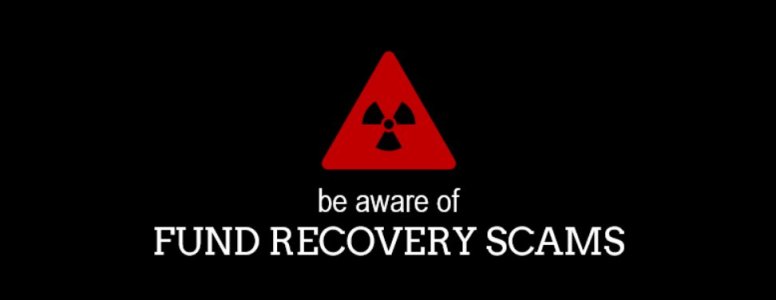How to Protect Yourself from Recovery Scams
Recovery scams target people who have already lost money to fraud, creating a devastating "double victimization." Here's how to recognize and avoid these predatory schemes:
How Recovery Scams Work
- Initial Contact: After losing money to a scam, you're approached by someone claiming they can help recover your funds (Including Crypto).
- The Promise: They confidently claim they can track down the scammers, identify who took your money, and guarantee its return.
- The Trap: They request upfront fees for "starting the process," payments for supposed "court costs" or "service charges," or ask for personal and financial information.
- The Reality: Once they receive payment or information, they disappear, leaving you with even greater losses.
Who Scammers Pretend to Be
- Government officials or law enforcement agents
- Cybersecurity experts or "ethical hackers"
- Financial recovery specialists
- Fellow victims who "successfully" recovered their money
Red Flags to Watch For
- Requests for payment before any recovery occurs
- Guarantees of successful recovery (no legitimate service can promise this)
- Pressure tactics creating urgency ("Act now or lose everything!")
- Vague or unverifiable contact information
- Unsolicited offers of help
How to Protect Yourself
- Never pay anyone who contacts you offering to recover stolen money
- Report the original scam to local fraud or cybercrime agencies (like the FTC in the US or Action Fraud in the UK)
- Contact your bank or payment provider immediately to freeze or reverse recent transactions
- Consult someone you trust for a second opinion
- Research thoroughly by searching the company/contact name plus "scam" online
